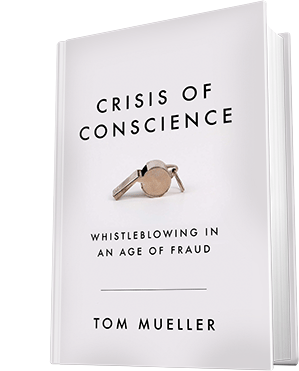
The Golden Age of the Whistleblower
SHUTTERSTOCK

By Charles Apple
The Spokesman-Review
Why does anyone even try to blow the whistle on wrongdoers? They risk their jobs, alienation from their friends and colleagues and even persecution from their government. And for what? The knowledge that they stood up and did the right thing?
Well, yes. That’s exactly why they do it.
Here’s a look at a baker’s dozen of whistle-blowers who risked it all to shed light on darkness.
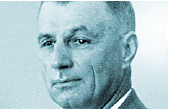
BILLY MITCHELL
U.S. Army
1926
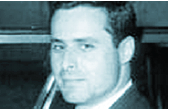
PETER BUXTUN
U.S. Public Health Service
1966
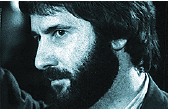
FRANK SERPICO
New York City Police Dept.
1971
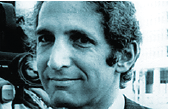
DANIEL ELLSBERG
RAND Corp.
1971
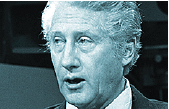
MARK FELT
FBI
1972
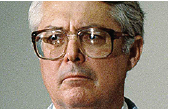
A. ERNEST FITZGERALD
Dept. of Defense
1973

KAREN SILKWOOD
Kerr-McGee nuclear plant
1974
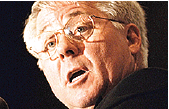
JEFFREY WIGAND
Brown & Williamson
1996
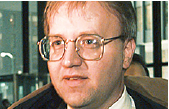
MARK WHITACRE
Archer Daniels Midland
1996

LINDA TRIPP
Clinton administration
1998
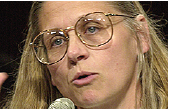
COLEEN ROWLEY
FBI
2002

BRADLEY MANNING
U.S. Army
2010

EDWARD SNOWDEN
CIA, National Security Agency
2013

Tom Mueller -
spends his summers on Spirit Lake — is the author of “Crisis of Conscience: Whistleblowing In An Age of Fraud.”
He will be the guest at the next Northwest Passages Book Club event next Monday, Oct. 28 at 7 p.m. at the Montvale Event Center.
For more information and tickets: Go To Event
We live in the Golden Age of the Whistleblower – but also in a boomtime of fraud and institutional corruption. In fact, the rise in individual truth-tellers tracks the decline in ethics in our society. If our corporations and government institutions were healthier, we wouldn’t need whistleblowers in the first place.
Yet need them we do, desperately. From lead-laced water in Flint, Michigan to radioactive cesiumlaced water in the Columbia River, from deadly corner-cutting by Boeing, Big Pharma and the automobile industry to corruption on Wall Street that crashed our economy in 2008, to the countless ways in which the Pentagon’s forever wars are bleeding our economy white, principled insiders are revealing wrongdoing by their organizations that we’d likely never hear about any other way. Whistleblowers also defend our democracy. Just as an anonymous whistleblower named Deep Throat (eventually identified as senior FBI official W. Mark Felt) once helped to reveal crimes by President Richard Nixon and his circle during Watergate, whistleblowers are now challenging President Donald Trump’s actions as violations of the law and our Constitution.
